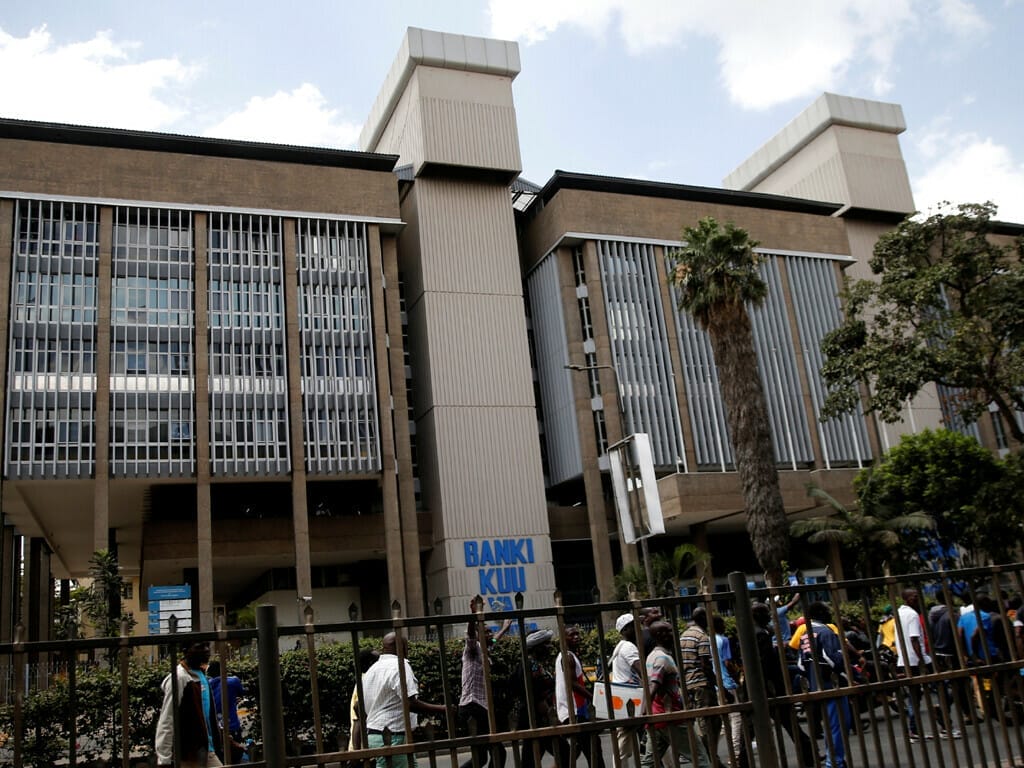Kenya is rolling out a comprehensive regulatory framework for digital lenders, as the country aims to bring the rapidly growing fintech credit sector under formal supervision. The initiative is part of a broader effort to protect consumers, promote responsible lending, and integrate emerging financial services into the national regulatory structure.
ALSO READ: Kenya Central Bank Cuts Main Lending Rate to 9.75%
Under the new regulations, all digital lenders operating in Kenya must now be licensed by the Central Bank of Kenya (CBK). The updated laws classify these entities as non-deposit-taking credit providers and require them to meet strict standards on transparency, data protection, and loan recovery practices. These measures follow the implementation of the Business Laws (Amendment) Act, 2024, which became effective in December last year.
As of June 2025, the CBK had approved an additional 41 fintech lenders, increasing the total number of licensed digital lending platforms to 126. These include mobile app-based credit providers, peer-to-peer lending services, and buy-now-pay-later schemes. The licensing process is designed to ensure that all participating firms adhere to a uniform code of conduct and comply with regulatory expectations.
ALSO READ: Safaricom’s Ziidi Money Market Fund Faces Scrutiny Over Alleged Anti-Competitive Conduct
A central focus of the new framework is consumer protection. Digital lenders are now required to clearly disclose interest rates, fees, and repayment terms to borrowers. The rules also ban aggressive debt recovery practices, including unsolicited communication with borrowers’ contacts or the use of intimidation. Lenders found in violation of these rules face monetary penalties and possible criminal sanctions.
The Central Bank’s oversight is expected to expand further with the anticipated introduction of the Financial Markets Conduct Bill. This legislation proposes the creation of a single regulatory authority responsible for all retail financial services, as well as the introduction of interest rate caps and legal provisions for prosecuting financial misconduct.
ALSO READ: Powering West Africa’s Purses: The Leading Digital Lending Platforms in 2025
Kenya’s fintech lending industry has seen rapid growth over the past decade, driven by high mobile penetration and a demand for accessible credit solutions. However, this growth has also exposed borrowers to high interest rates, opaque lending terms, and exploitative recovery methods issues the new regulation seeks to address.
While the regulatory shift is broadly viewed as necessary to stabilize and professionalize the sector, it also presents new compliance challenges for fintech companies, particularly smaller startups. Authorities will need to ensure effective enforcement, even in remote areas, while also maintaining a regulatory environment conducive to innovation and inclusion.
The new framework marks a turning point for Kenya’s fintech ecosystem. By prioritizing transparency, accountability, and consumer rights, the government aims to create a balanced environment where digital credit can continue to expand without compromising financial stability or public trust.

